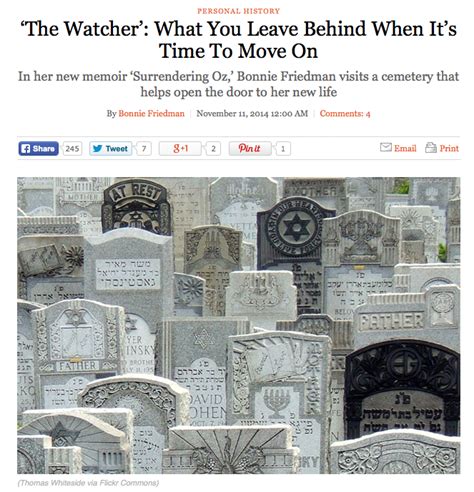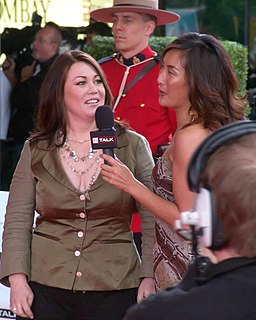A Quote by George Saunders
There are some things fundamentally off about the stance of the book. And maybe that's okay; maybe every book is flawed, and great books, as flawed as they might be, articulate a moral argument that the reader then carries forward. The critique to this model is, of course, to ask: Should a book be ever so perfect that you come out of it with complete moral agreement that can be sustained?
Related Quotes
Every reader, as he reads, is actually the reader of himself. The writer's work is only a kind of optical instrument he provides the reader so he can discern what he might never have seen in himself without this book. The reader's recognition in himself of what the book says is the proof of the book's truth.
In my couple of books, including Going Clear, the book about Scientology, I thought it seemed appropriate at the end of the book to help the reader frame things. Because we've gone through the history, and there's likely conflictual feelings in the reader's mind. The reader may not agree with me, but I don't try to influence the reader's judgment. I know everybody who picks this book up already has a decided opinion. But my goal is to open the reader's mind a little bit to alternative narratives.
Walden is the only book I own, although there are some others unclaimed on my shelves. Every man, I think, reads one book in his life, and this is mine. It is not the best book I ever encountered, perhaps, but it is for me the handiest, and I keep it about me in much the same way one carries a handkerchief - for relief in moments of defluxion or despair.
Maybe just as many women writers as male writers could be billed as the next great American writer by their publisher. Maybe book criticism sections could review an equal amount of female and male writers. Maybe Oprah could start putting some books by women authors in her book club, since most of her audience is women.
A book is one of the most patient of all man's inventions. Centuries mean nothing to a well-made book. It awaits its destined reader, come when he may, with eager hand and seeing eye. Then occurs one of the great examples of union, that of a man with a book, pleasurable, sometimes fruitful, potentially world-changing, simple; and in a library...witho ut cost to the reader.
You all know that certain things are necessary to make a religion. First of all, there is the book. The power of the book is simply marvellous! Whatever it be, the book is the centre round which human allegiance gathers. Not one religion is living today but has a book. With all its rationalism and tall talk, humanity still clings to the books. In your country every attempt to start a religion without a book has failed. In India sects rise with great success, but within a few years they die down, because there is no book behind them. So in every other country.
I start a book and I want to make it perfect, want it to turn every color, want it to be the world. Ten pages in, I've already blown it, limited it, made it less, marred it. That's very discouraging. I hate the book at that point. After a while I arrive at an accommodation: Well, it's not the ideal, it's not the perfect object I wanted to make, but maybe?if I go ahead and finish it anyway?I can get it right next time. Maybe I can have another chance.
For every Book of Job, there's a Book of Leviticus, featuring some of the most boring prose ever written. But if you were stranded on a desert island, what book would better reward long study? And has there ever been a more beautiful distillation of existential philosophy than the Book of Ecclesiastes?
Books fall open, you fall in, delighted where you've never been; hear voices not once heard before, reach world on world through door on door; find unexpected keys to things locked up beyond imaginings. What might you be, perhaps become, because one book is somewhere? Some wise delver into wisdom, wit, and wherewithal has written it. True books will venture, dare you out, whisper secrets, maybe shout across the gloom to you in need, who hanker for a book to read.






































